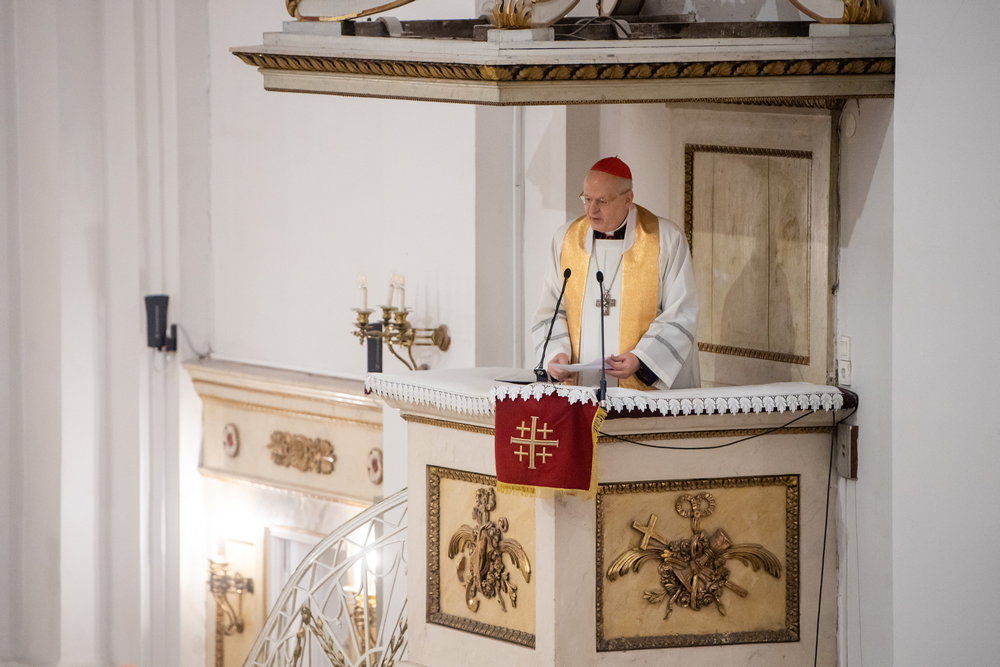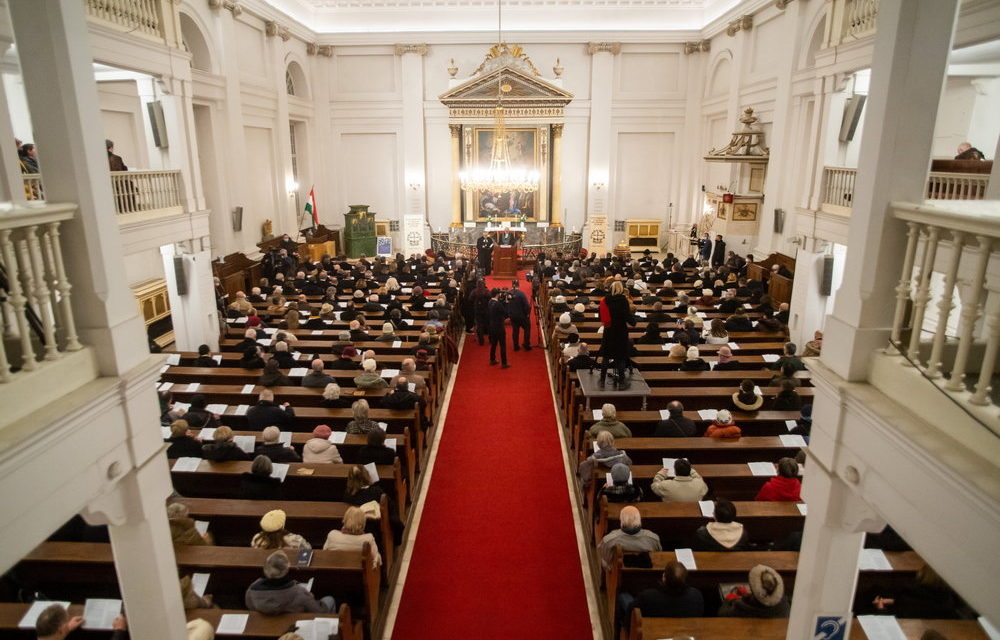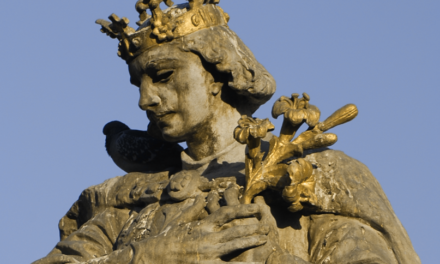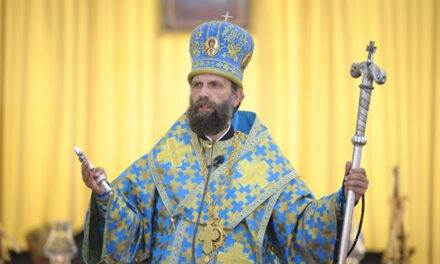Centers of the Christian faith and a missionary spirit are both needed in today's world, said Cardinal Péter Erdő, Archbishop of Esztergom-Budapest, at the opening of the ecumenical week of prayer on Sunday evening in Budapest, in the Deák Square Lutheran Church.
The cardinal emphasized: Christ is the savior of all mankind, his good news is for all peoples.
"Today, when we feel that our culture is going through a deep crisis," there is a need for centers of profound knowledge, Christian knowledge and faith, such as monasteries were in the Middle Ages. But we also need "courage and a missionary spirit" to "go to people of completely different customs and cultures and announce to them the liberating glad tidings of Christ", said Péter Erdő.
He also touched on the fact that for authentic witnessing in today's world, it is particularly important that Christians be visibly and perceptibly united with each other. He added that many theological questions have already arisen during the ecumenical dialogue, but it is important to consider for whom "what exactly does the unity we strive for mean".
The cardinal expressed his hope that the Christian communities and churches will become increasingly clear signs for humanity in this regard as well.

Cardinal Péter Erdõ, Archbishop of Esztergom-Budapest, at the opening of the ecumenical week of prayer in the Deák Square Lutheran Church on January 16, 2022.
MTI/Zoltán Balogh
Zoltán Balog , the pastor president of the Synod of the Reformed Church of Hungary, spoke in his sermon: true common prayer points to "our joyful vulnerability". That God's will, without God's message, is of no use to us, "if our social acceptance is high, if our institutional system is strengthened", if apparently everything is fine. "Because things can and will only be okay if God speaks and we hear it together," said the Reformed bishop.
Zoltán Balog, who returned home from his trip to Syria a few days ago, said that the country, which was bled to death by the war, is already showing signs of a new beginning.
Houses and churches are rebuilt, shops are opened. But a real start over requires more and something else. Not only because what is being rebuilt can be destroyed at any time, but also because the will to live is neither a virtue nor a guarantee in itself. You can want to live at the expense of others, he added. We must and can pray together for the renewal of life. There, in Syria, Lebanon and here, in Hungary, in the Carpathian Basin. It is more natural for persecuted Christian communities, because shared suffering and trials bring Christians together, he stressed.
In Hungary, it seems to be a bit more difficult, because we can serve freely, we can teach Christianity to almost one million children in schools, our churches are being renovated, last September, during the International Eucharistic Congress, hundreds of thousands of people of faith filled the streets and squares of Budapest, who wanted to meet Christ and each other - listed by the reformed bishop.
"We are free to be followers of Christ", and even if there are dark clouds, even if there are those who want to push the Christian faith back to the four walls of churches and family homes, it is still free and good to be a Christian in Hungary, he said.
He added: at the same time, it is also more difficult that "we do not want to strengthen our faith and our communities at the expense of other Christians", but together.
He recalled: it was good to speak together before Christmas for the sanctity of marriage, and he also called the ecumenical marriage week program series organized in February every year important.
Zoltán Balog also spoke about: there are things that God only answers if we ask and ask together. If we "ask together what we, Hungarian Christians, can do" for the nation, the country. "How and how can we speak for families in such a way that we are not silent about God's order of creation, but we speak the truth in love," he explained.
At the end of the service, the participants prayed together for the persecuted Christians, as the starting day of the joint program series of the Hungarian Catholic Bishops' Conference and the Hungarian Ecumenical Council of Churches (MEÖT) is also the Sunday of praying for persecuted Christians from 2018.
The leaders of the MEÖT member churches took part in the liturgical service.
The ceremony was attended by - among others - István Jakab, the Vice-President of the Parliament, Katalin Novák, candidate for the head of state, Azbej Tristan, the State Secretary of the Prime Minister's Office responsible for helping persecuted Christians and the implementation of the Hungary Helps Program, Zoltán Lomnici, the President of the Human Dignity Council, and Imre Vejkey, a Christian Democrat Member of Parliament. .
The Ecumenical Week of Prayer has been organized since 1908, the event was first attended only by members of the Anglican and Catholic Churches, and was held only in Graymoor, United States. The program in Hungary looks back on a tradition of about three decades.
MTI
Photo: MTI/Zoltán Balogh













